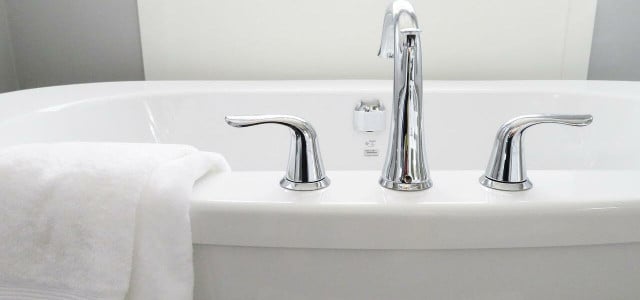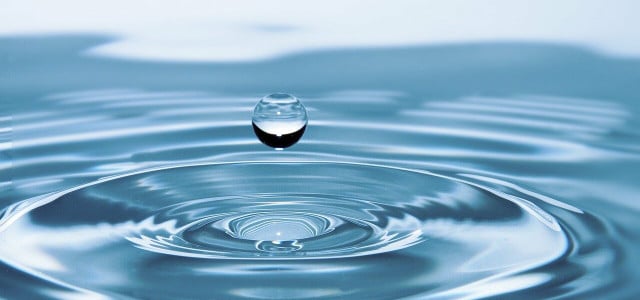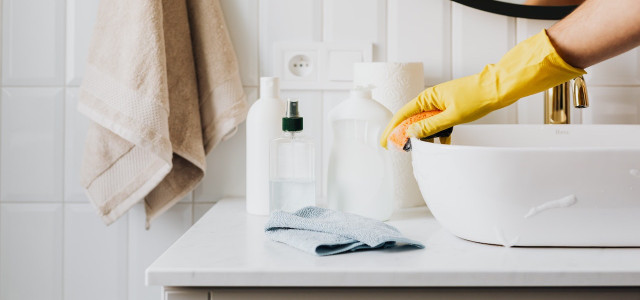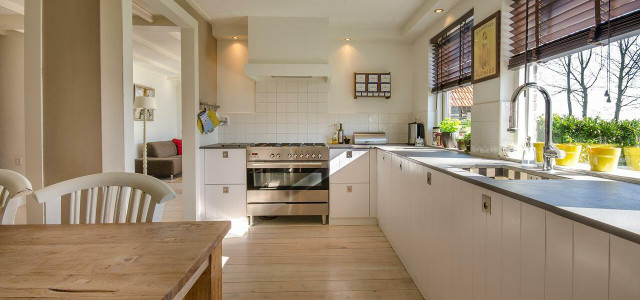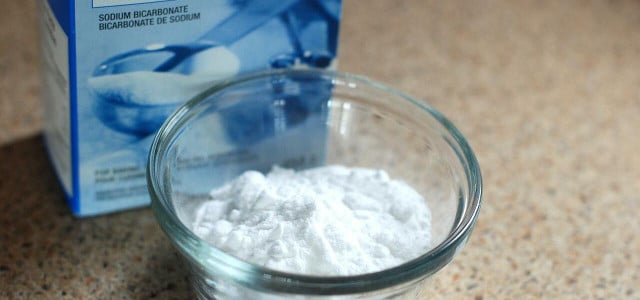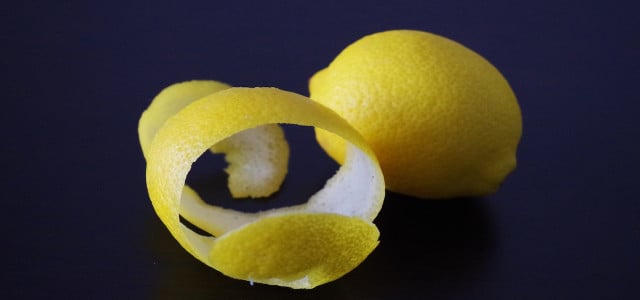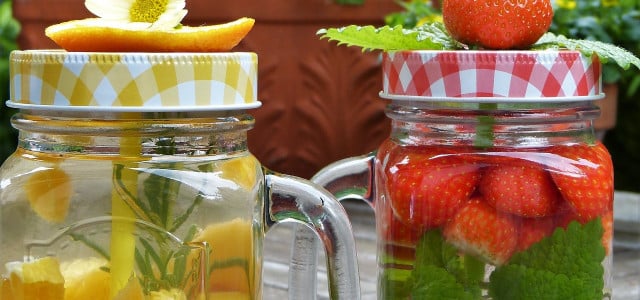Limescale is easy to spot on sinks, showers, and baths. With a few natural ingredients, you can get rid of unsightly white build-up quickly and easily.
Limescale is an annoying problem that tends to blight those living in hard water areas. Using these homemade limescale removers is a great way to be eco-friendly as they do not damage the environment. Store-bought limescale removers often contain harsh chemicals that will cause more damage to our already struggling ecosystem.
In this article, you will see how everyday ingredients you have at home (or ones that are very economical to purchase) will help fight your battle with limescale effectively, efficiently, and, most importantly, naturally. Let these ingredients work as a limescale remover while you relax and feel good for helping the environment.
What is Limescale?
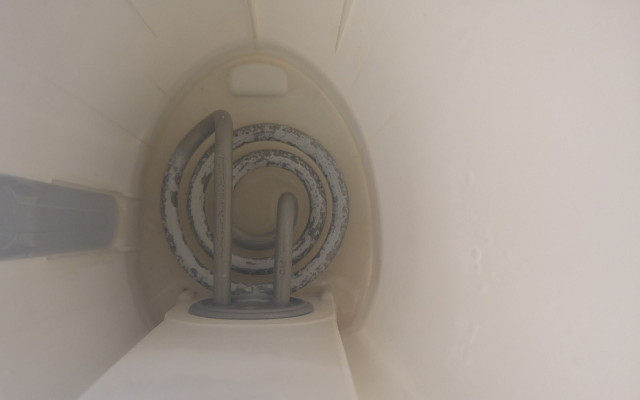


(Foto: Aisha Williams)
Limescale is a white deposit that is chalky in appearance, left in containers or appliances such as kettles, wash machines, and irons. It appears after the water has evaporated and is primarily a combination of calcium carbonates. It is usually worse in hard water areas and causes damage to household appliances and pipes.
Unsightly limescale can spread from appliances to your glasses, sinks, showers, and baths without proper treatment. It will also block your shower head causing water to spray in different directions when using it. When a limescale build-up is left untreated, it may cause your appliances to break down or can cause permanent damage and reduce water pressure from your faucets and shower.
So, let’s look at a few ingredients you can use as limescale remover.
1. Vinegar Limescale Remover
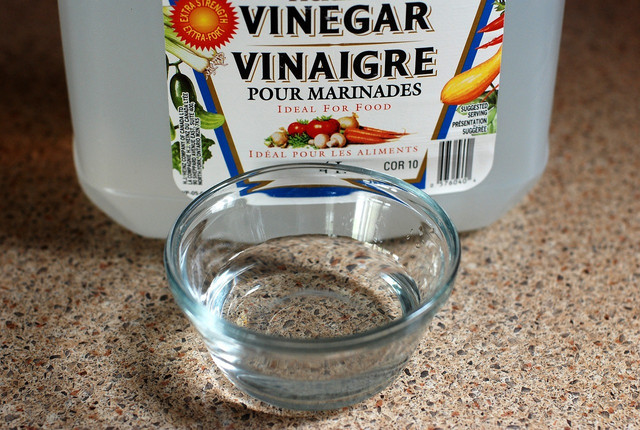


(Foto: CC0 / Pixabay / NatureFriend)
Vinegar is our top natural limescale remover because it contains an ingredient called acetic acid. The acid in the vinegar is strong enough to dissolve most mineral deposits, including limescale, grease, and grime build-up. It also makes a potent anti-bacterial so that you can use it in the kitchen and bathroom. Just keep it away from absorbent materials such as wood, natural stone, and granite, as it may damage them.
Ingredients:
- 1 bottle vinegar, white or brown
Tools:
- Cloth to wipe with
Instructions:
- Mix vinegar with water. The amount should be roughly 3 parts vinegar to 1 part water, depending on the size of the area you are cleaning. For stubborn stains, use undiluted.
- Pour onto the surface you are cleaning or soak a cloth in vinegar and wrap it around your tap, ensuring all areas are covered. Secure the cloth with an elastic band and leave for an hour. Occasionally squeeze the cloth to release more of the acid onto the tap.
- Remove the cloth and wipe away the limescale.
- For hard-to-reach areas, pour into a spray bottle and wipe clean with a cloth.
- For your kettle, leave overnight, then rinse well and boil once, and pour the remaining water down the drain.
- For washing machines, pour into the soap dispenser and run an empty hot wash.
- For the toilet, pour directly into the toilet bowl, and leave to soak overnight or as long as possible
2. Baking Soda Paste or Spray
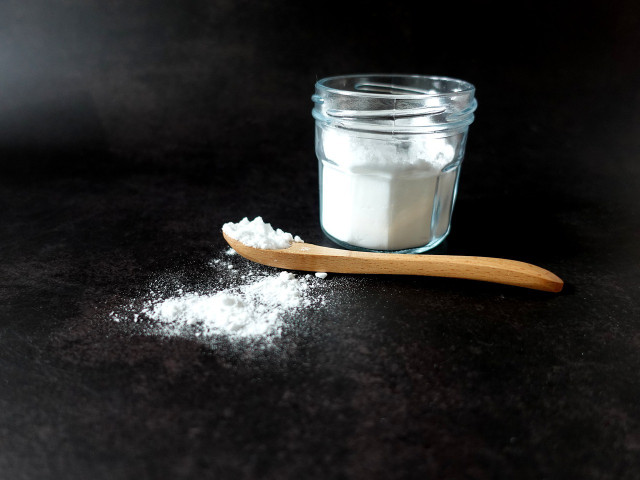


(Foto: CC0 / Pixabay / Azza_Hafizah)
Baking soda is an effective limescale remover because it is a mild alkali. Alkali cleaners attract dirt molecules towards them by dissolving them, which is how they remove grease and stains. A bicarbonate soda-based limescale remover is great for stubborn stains, especially when mixed with vinegar.
Ingredients:
- 1 tbsp baking soda
- 1 cup diluted vinegar
Tools:
- Spray bottle
Steps:
- Sprinkle the baking soda onto the surface you need to clean
- Spray the area with vinegar.
- Leave for an hour, then wipe clean. Repeat or leave for longer for stubborn stains.
- Alternatively, mix 2 parts baking soda with 1 part vinegar, mix to form a paste, and apply directly to your surface.
- Baking soda is perfect for cleaning your washing machine, just fill the dispenser and run a hot wash.
3. Lemon Limescale Remover Recipe
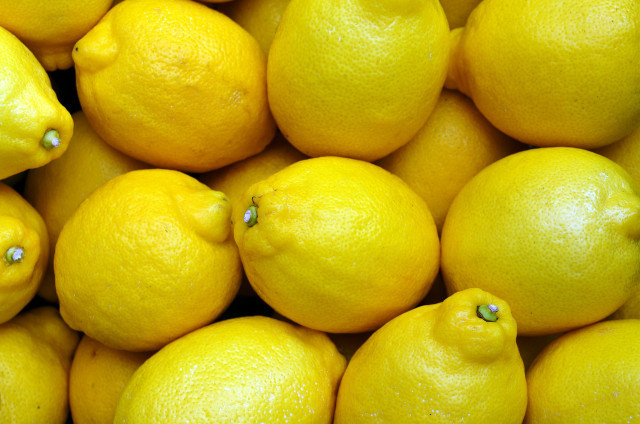


(Foto: CC0 / Pixabay / RichardJohn)
The acidity in lemons helps to break down limescale, making it a great, and better-smelling limescale remover than vinegar. However, feel free to mix the two to get the best from both.
Ingredients:
- 1 to 2 lemons, depending on how much you need to clean
Tools:
- Cloth or spray bottle
Steps:
- Cut the lemon in half and squeeze the contents into a jug of water.
- Mix the lemon with the water using a spoon. The amount should be roughly 3 parts lemon juice to 1 part water, dilute as needed.
- Follow the same instructions for vinegar, or you can rub surfaces directly with a fresh lemon sliced in half.
- For hard-to-reach areas, pour into a spray bottle and spray away those nasty limescale stains.
4. Coke
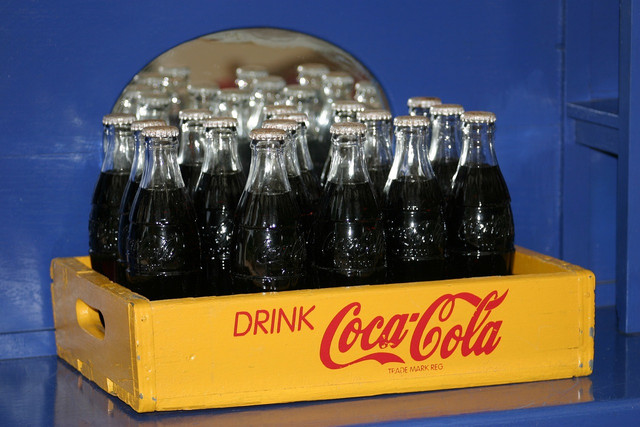


(Foto: CC0 / Pixabay / HarryStilianou)
Coke is another ideal limescale remover. Interestingly, coke contains a small amount of phosphoric acid. The phosphoric acid reacts to calcium carbonate in the limescale and helps it to dissolve. You can use it in the same way as vinegar.
Ingredients:
- 1 to 2 cans of coke, depending on the area you need to clean
Tools:
- Cloth or paper towel alternative
Steps:
- Add 2 parts coke to 1 part water.
- Apply to limescale and leave to sit for 1 hour.
- Wipe away with a cloth (*warning coke may stain the cloth, so use an old one).
Limescale Remover Takeaways
There are many ingredients in your kitchen cupboards that you can use as a natural limescale remover. Using simple ingredients and these methods weekly, you can keep limescale from building up and keep surfaces in your kitchen and bathroom sparkling. These limescale removers can be used for appliances, sinks, toilets, shower heads, and anywhere in your home.
The most important thing to remember when cleaning your kettle with vinegar or baking soda is to rinse it after. If your limescale buildup is very bad, it may be worth investing in a water softener for your home.
Read on:
- Homemade All-Purpose Cleaner: Simple DIY With 2 Ingredients
- Best Way to Clean Bathtub Without Special Cleaners
- Cleaning With Hydrogen Peroxide: 5 Ways to Use It at Home
Important Information regarding Health-related Topics.
** Links to retailers marked with ** or underlined orange are partially partner links: If you buy here, you actively support Utopia.org, because we will receive a small part of the sales proceeds. More info.Do you like this post?






